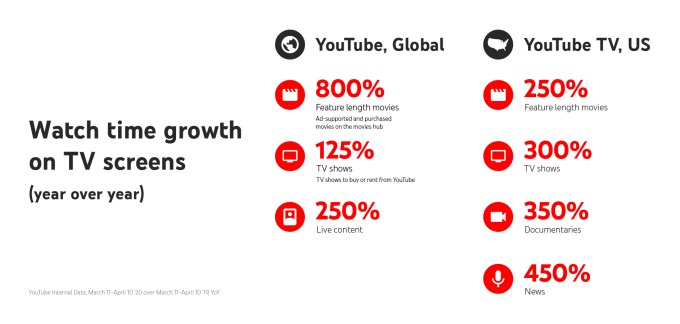A group of nine Senators led by Massachusetts Democrat Elizabeth Warren penned an open letter to Amazon CEO Jeff Bezos this week, seeking more information about recent employee firings. The statement cites the terminations of four employees who were vocally critical of the company’s policies pertaining to both COVID-19 and climate change.
Cosigned by Bernie Sanders, Cory Booker, Kamala Harris, Sherrod Brown, Kirsten Gillibrand, Ed Markey, Richard Blumenthal and Tammy Baldwin, the letter notes:
Given the clear public history of these four workers’ advocacy on behalf of health and safety conditions for workers in Amazon warehouses preceding their terminations, and Amazon’s vague public statements regarding violations of “internal policies,” we are seeking additional information to understand exactly what those internal policies are.
It poses nine questions, asking Bezos and Amazon to respond by May 20. The senators single out the firings of Christian Smalls, Bashir Mohamed, Maren Costa and Emily Cunningham, all of whom have been publicly critical of the company’s handling of COVID-19. A number of the above have stated publicly that they believe their terminations were directly linked to the whistleblowing — something Amazon has strongly denied.
“We support every employee’s right to criticize their employer’s working conditions,” the company said in a statement offered to TechCrunch at the time, “but that does not come with blanket immunity against any and all internal policies. We terminated these employees for repeatedly violating internal policies.”
Amazon lost another employee when VP Tim Bray publicly left the company on May 1, and workers across the country were striking over working conditions.
“[R]emaining an Amazon VP would have meant, in effect, signing off on actions I despised,” Bray wrote. “So I resigned. The victims weren’t abstract entities but real people; here are some of their names: Courtney Bowden, Gerald Bryson, Maren Costa, Emily Cunningham, Bashir Mohammed, and Chris Smalls. I’m sure it’s a coincidence that every one of them is a person of color, a woman, or both. Right?”
The letter echoes Bray’s concerns about inequality at the company, asking, “Do Amazon tech workers, Amazon warehouse workers, and Amazon executives have the same discipline and termination policies?”
This isn’t the first time the senators have pushed back against Amazon. Sanders helped lead the push for a $15 minimum wage at the company, while Warren noted her desire to break up the company (along with Google and Facebook) during her 2020 presidential bid.
For its part, Amazon has been very conscious of the messaging around its coronavirus response in recent weeks. It played a prominent role in both Bezos’s annual shareholder letter and the company’s earnings report. Earlier this week, another warehouse employee died after testing positive for the virus. As of mid-April, workers in at least 74 Amazon warehouses had tested positive.
We’ve reached out to the company for comment on the letter.



 Google says the app was built with children’t privacy in mind and is able to work without either Wi-Fi or data. The voice data is analyzed in real-time on the device, and is not synced, stored or analyzed on Google’s servers. The company also stresses that it’s not using a voice sample from the kids to make the product better.
Google says the app was built with children’t privacy in mind and is able to work without either Wi-Fi or data. The voice data is analyzed in real-time on the device, and is not synced, stored or analyzed on Google’s servers. The company also stresses that it’s not using a voice sample from the kids to make the product better.